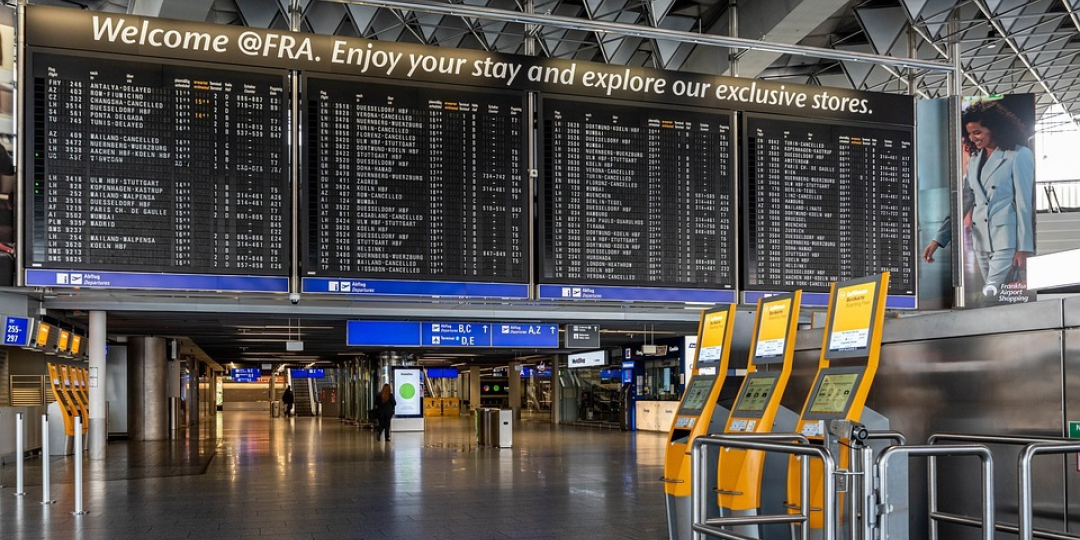Although the strike on Friday February 17, by workers at the airports of Frankfurt, Munich, Stuttgart, Hamburg, Dortmund, Hanover and Bremen, was only a 24-hour one, it brought aviation activities to a standstill for the whole day and certainly must have come at a very high cost to airlines and the airports themselves. 1 300 flights were cancelled. All indications are that it could be the forerunner of much longer, wider and more ruinous industrial action if unions do not achieve the results they seek.
And although the strike is now over, trade union Verdi said last week that the strike was a warning, as ongoing negotiations have not produced results. A second round of negotiations between the union and public sector employers is set to take place on February 22 and 23.
According to Deutsche Weile, in addition to public sector negotiations at state and federal levels, negotiations are also planned for ground staff at national level.
Verdi deputy chair Christine Behle said in a statement that ground handling workers "need an attractive wage increase" to counteract the "catastrophic labour shortage" post-pandemic. She also said that employers have refused to recognise the increase in bonuses that aviation security workers are entitled to as part of their collective bargaining agreement.
Frankfurt and Munich called off all passenger flights for the day on Friday.
The union called for a show of solidarity, and also pointed out it had announced the strikes two days ahead of time so travellers would have time to make alternative arrangements.
Aid deliveries to Turkey and Syria following the devastation of the earthquakes is excluded from the strike action, the union said.
It was unfortunate that Lufthansa took a double hit, with an IT meltdown on Wednesday, which was repaired on Thursday, only for the airline group to be hit with the strike on Friday.














